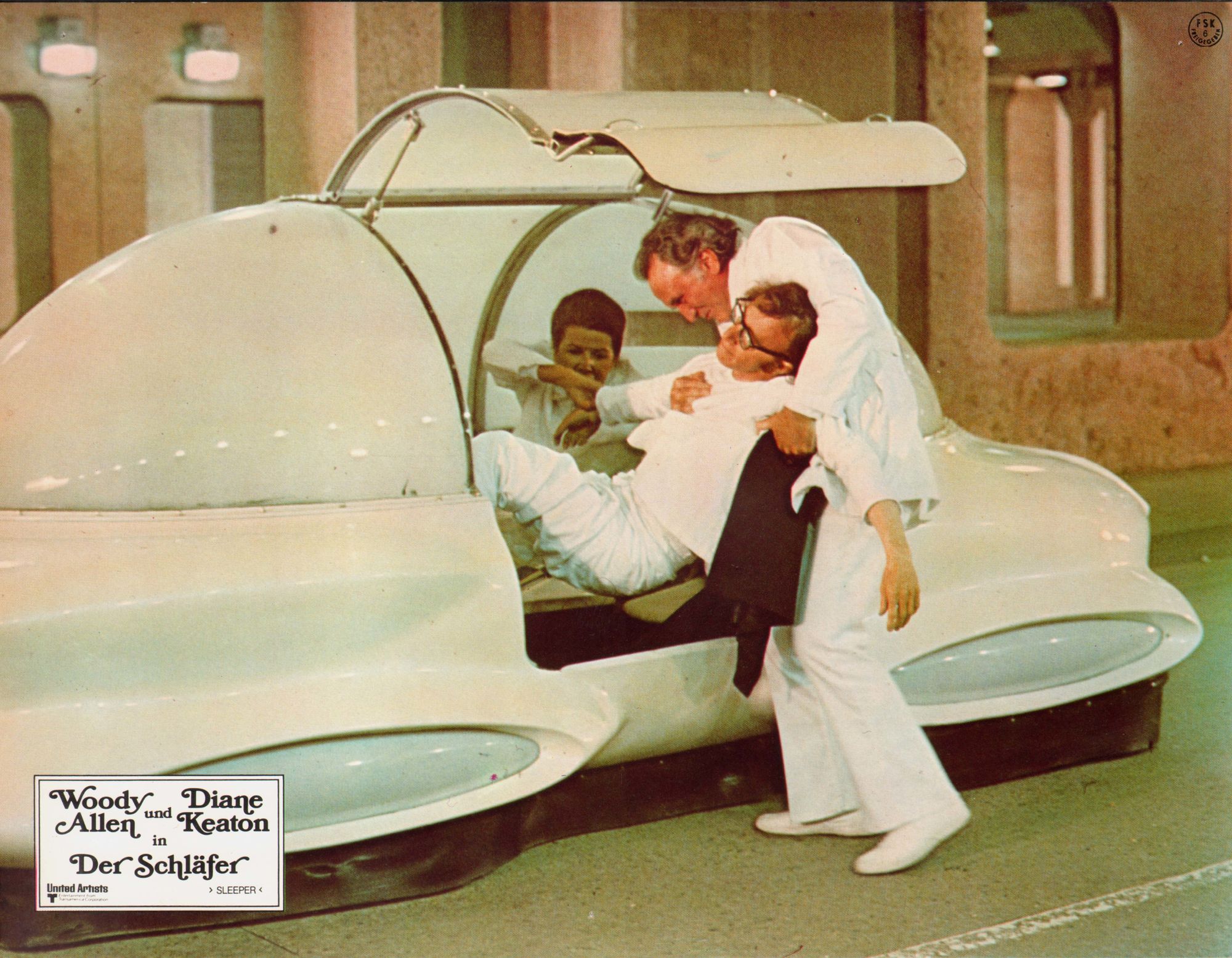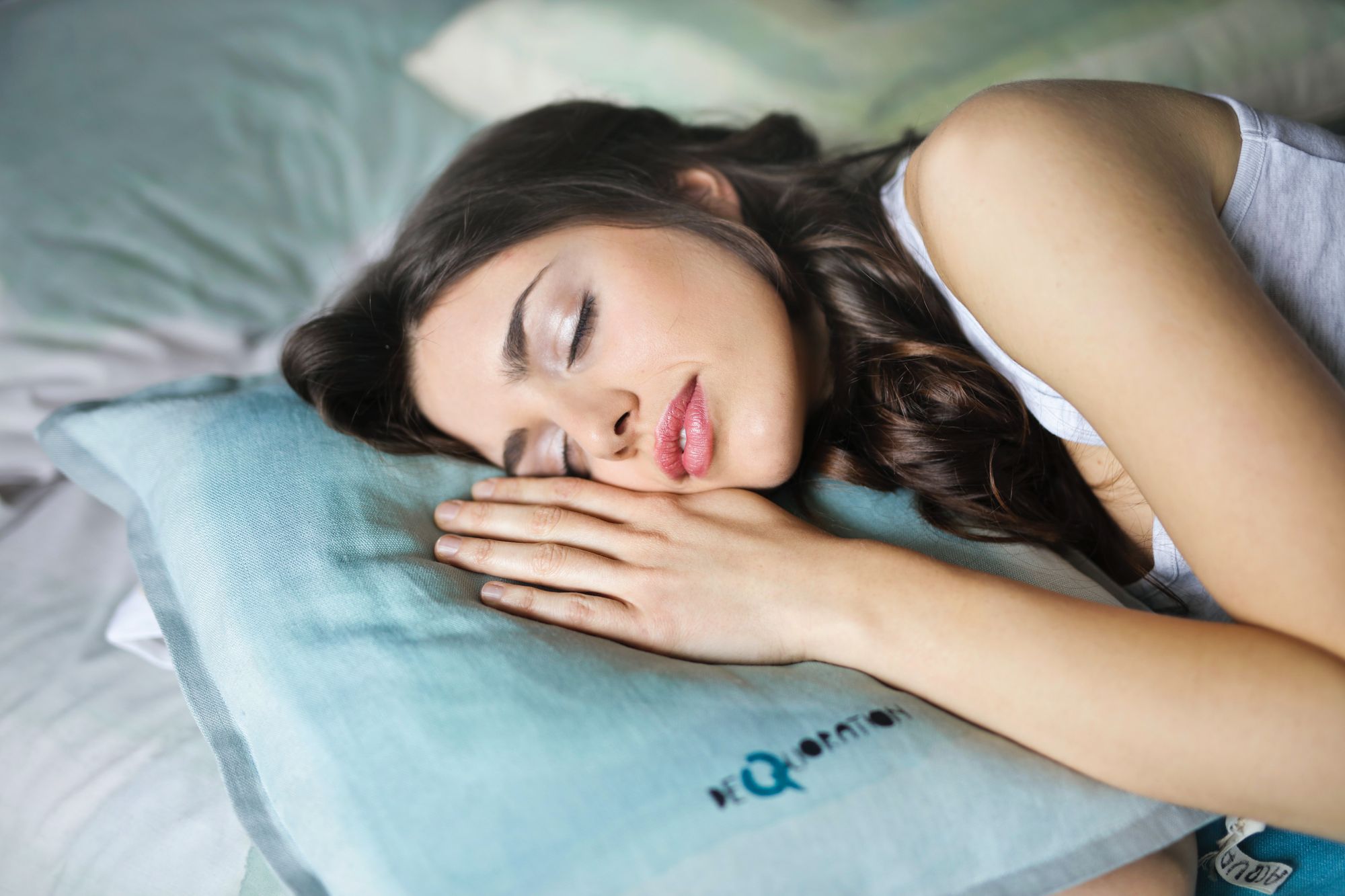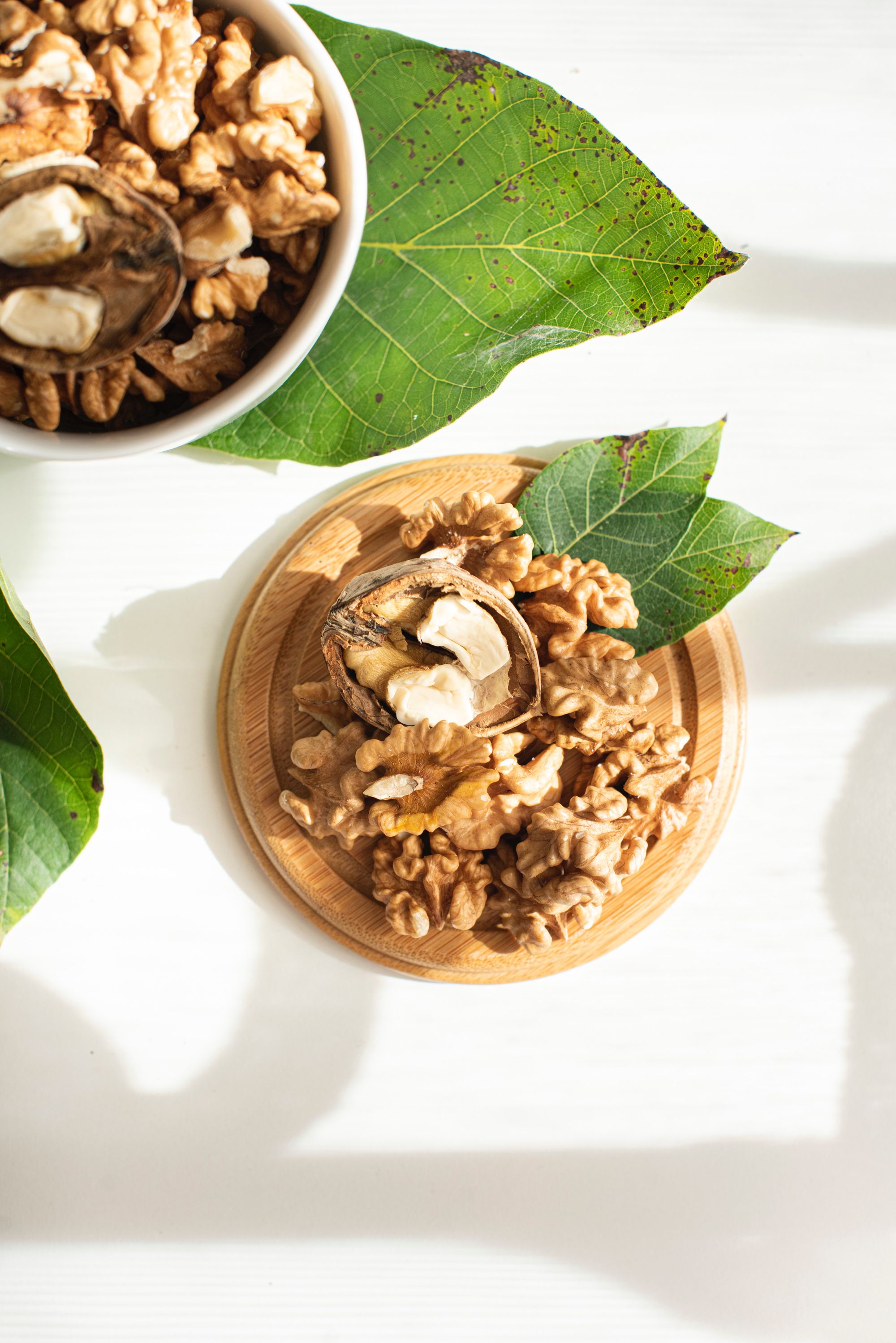
A perfect night's sleep helps us shine in every aspect of life from relationships to work writes functional medicine consultant and doctor Dr Sharief Ibrahim, FRCP. The problem is that many of us have forgotten how to nurture good sleep hygiene. Learn why deep, uninterrupted sleep is the elixir of life and how to achieve it.
We know that little or poor sleep makes us drowsy, unproductive and moody during the day, but it can have more insidious and serious consequences too.
We all know that we spend a third of our lifetime sleeping. And, in that time, your body has the chance to rest, repair and restore energy. Therefore, the quality of your sleep has a big impact on your physical, mental, and emotional well-being. A good night’s sleep can help you cope with stress, solve problems, and recover from illness. Conversely, not getting enough sleep can distort the way you feel and think.
But there are even more serious issues.
Sleep and the Immune System

Studies have linked sleep deprivation to poor immune systems, with the affected people suffering recurrent illnesses such as seasonal colds and being prone to metabolic problems, such as obesity, high blood pressure, diabetes, heart and chronic kidney disease.
Lack of sleep also impairs our ability to maintain good mental health, causing us, amongst other things, to suffer seasonal affective disorder during the winter due to the disruption of the biological clock that governs our sleep process.
Shakespeare said: “sleep …. knits up the ravelled sleeve of care”
Sleep-deprived people are more likely to have car crashes or mechanical accidents. A study indicates that people who have slept for fewer than seven of the past 24 hours have higher odds of being involved in and responsible for crashes. The risk is greatest for drivers who have slept fewer than four hours.

Why do we need sleep?
As I have said, healthy sleep is important for physical and mental health, improving productivity and your overall quality of life. Sleep helps you to SHINE in all sorts of ways………..
Survival: studies confirm that sleep deprivation shortens your lifespan because it compromises your immune system, leaving you at risk of infection.
Health: not enough sleep puts you at risk of developing a range of physical conditions, including obesity, diabetes and heart disease, and mental health problems, such as depression, anxiety and panic attacks.
Increased restoration: in children and young adults, deep sleep (sleep which is harder to wake from) supports growth and repair. The body releases a hormone that supports growth in the young and repair in adults.
Nervous system function: lack of sleep affects our memory, our performance, and our ability to think clearly. If a person is severely sleep-deprived, they may even experience neurological problems such as mood swings and hallucinations.
Energy: during sleep, your body builds new energy reserves to call upon during the following day.
What makes us sleep?

Sleep occurs through two mechanisms working together – our circadian rhythm and adenosine build-up.
A Sleep Masterclock
Our sleep-wake cycle is influenced by the changes in light during the day and night. The circadian “wiring” throughout our body is connected to a master clock, often referred to as the circadian pacemaker, located in the part of the brain known as the hypothalamus. This sends signals to regulate activities throughout the body.
Exposure to light during the day causes the master clock to send signals that generate alertness to keep you awake and active. At night, this clock initiates the production of melatonin, the sleep hormone. This sleep-wake cycle ensures a stable rhythm of restorative rest at night, supporting activity during the day.
The circadian rhythm also influences your metabolism and body weight through the regulation of blood sugar and fat storage. It contributes to mental health, including depression (Seasonal Affective Disorder) and bipolar, as well as neurodegenerative diseases like dementia.
Disruption of the rhythm contributes to obstructive sleep apnoea (OSA), which reduces the body’s oxygen level and causes numerous sleep interruptions through the night. There is strong evidence that the circadian rhythm also influences DNA repair, which is important in cancer prevention.
The circadian rhythm is thrown off in night shift workers; up to 16% of teenagers stay up late at night and wake up late in the morning; blind people have their sleep constantly shifting backwards by minutes or hours, and patients with dementia tend to sleep during the day and stay awake at night.
That adenosine build-up
Adenosine triphosphate (ATP) is an energy molecule made up of an adenosine component to which energy is stored as phosphate bonds. ATP provides the energy for cells to run their vital activities. As the body uses up the energy in ATP, adenosine builds up, interfering with specific cell receptors, inhibiting neural activity and causing drowsiness. The high level of adenosine implies the body has run out of energy, and the drowsiness initiates sleep to build a new energy reserve.

Caffeine is an adenosine blocker. It latches onto the same receptors, preventing the drowsiness that would normally occur through adenosine. Caffeine offers a feeling of wakefulness and alertness. Once it wears off, adenosine kicks back in, causing a decrease in neural activity and sending the body to sleep.
Many coffee drinkers experience post-sleep grogginess. This is because the high quantity of caffeine generates excessive amounts of adenosine, which is not fully flushed from the body during sleep. This surplus of adenosine contributes to morning drowsiness. And, of course, this feeling encourages people to load up on yet more caffeine! That is why too much caffeine, especially over long periods, can lead to a disrupted sleep pattern.
Your sleep cycles
During the night, you cycle through two types of sleep – non-REM and REM – in four stages. We experience each of these four-stage cycles 4-6 times each night, with each cycle lasting up to 90 minutes.
Stage 1 non-REM represents falling asleep (dozing off) and lasts up to 5 minutes. During stage 2 non-REM, your temperature drops, muscles relax, and breathing and heart rate slow down. This lasts between 10 and 25 minutes. During stage 3 non-REM, your body relaxes further, the brain exhibits delta wave activity, and your body’s restorative activity (growth and repair) takes place, restoring your physical and mental health and optimising key body processes such as the immune system.
Entering REM sleep (stage 4), brain activity increases closer to a waking level, and, except for the eye and respiratory muscles, the body relaxes further. The first REM stage is short, lasting a few minutes, while the final one lasts around one hour. This stage is essential for cognitive function, namely memory, learning and creativity. The REM state is known for vivid dreams and male penile erection.

How to improve your sleep
Sleep hygiene is what you do to set yourself up for a great night’s sleep. It can vary from person to person. The signs of poor sleep hygiene include having a hard time falling asleep, interrupted sleep at night, daytime drowsiness, and a lack of consistency in the quality and quantity of your sleep. Good sleep hygiene does not cost very much at all and will involve your daytime routines, your pre-bedtime schedule and your sleeping environment.

- During the day, sunshine is a key driver of the circadian rhythm to improve the quality of sleep.
- Good physical activity makes it easier for you to fall and stay asleep, as well as driving other benefits.
- Cut down on caffeine (none after 6 pm), which blocks the adenosine that induces and sustains sleep.
- Reduce or give up smoking, as smokers wake early because of nicotine withdrawal.
- Alcohol may help you to fall asleep, but the sleep will be light, and the alcohol ultimately disrupts your sleep and decreases its quality. It is also associated with early waking (terminal insomnia).
- Eliminate sugar and processed carbohydrates in all meals and observe food sensitivities such as gluten and dairy.
- A short nap of 30 minutes or less is OK but try not to take it after 3 pm.
- Take your last meal at least 2 to 4 hours before bedtime, consume resistant carbohydrates in your dinner to support your sleep.
- Take the following food and drink at dinner to enhance your sleep – almonds, walnuts, turkey, fatty fish, chamomile tea and passionflower tea.
- Have a fixed sleep schedule – go to bed and wake up at the same time every day.
- Take one hour to wind down, during which time you come off all screens.
- Dim your light to allow your body to produce melatonin, the sleep hormone.
- Practise relaxation techniques, such as meditation, mindfulness, deep breathing and prayer.
- Hot Epsom salt bath (magnesium sulphate) before bedtime will help you relax (with magnesium being absorbed through the skin) and switch on your detox system (the sulphur component).
- In terms of your environment, blackout light, down out noise, use calming scents such as essential oils, set up the temperature to suit your preference, have a comfortable mattress and pillow, and remove electric circuits and EMF equipment from your bedroom.

People need different amounts of sleep, but the National Sleep Foundation advises healthy adults to get between 7 and 9 hours, with babies, young children and teenagers needing more to empower their growth and development. Those over 65 should also get 7 to 8 hours per night.
If you haven’t slept well or long enough for a few days, you may create a sleep debt. Once that debt builds up, you may feel physically and mentally exhausted. Try to make sure you get enough sleep every night to avoid creating this debt. You can’t necessarily make up your debt by sleeping a lot at the weekend. It’s best to get enough sleep all week.

As I said, my friends, sleep hygiene does not cost a lot or require too much effort – a bit of thought in your daily and pre-bedtime routines and your sleeping environment can pay dividends in so many ways.
References
Circadian rhythm
https://www.sleepfoundation.org/circadian-rhythm
What is adenosine and how does it affect sleep?
https://www.sleepscore.com/blog/learn-about-adenosine/
Stages of sleep
https://www.sleepfoundation.org/how-sleep-works/stages-of-sleep
Sleep basics
https://my.clevelandclinic.org/health/articles/12148-sleep-basics
Sleep-deprived people more likely to have car crashes
https://www.sciencedaily.com/releases/2018/09/180918082041.htm
The 9 best foods and drinks to have before bed
https://www.healthline.com/nutrition/9-foods-to-help-you-sleep
Sleep Feature by Dr Ibrahim FRCP. Sharief Ibrahim runs The Vitality Clinic - a functional medicine practice in Harley St London and Weybridge. For more information - The Vitality Clinic






